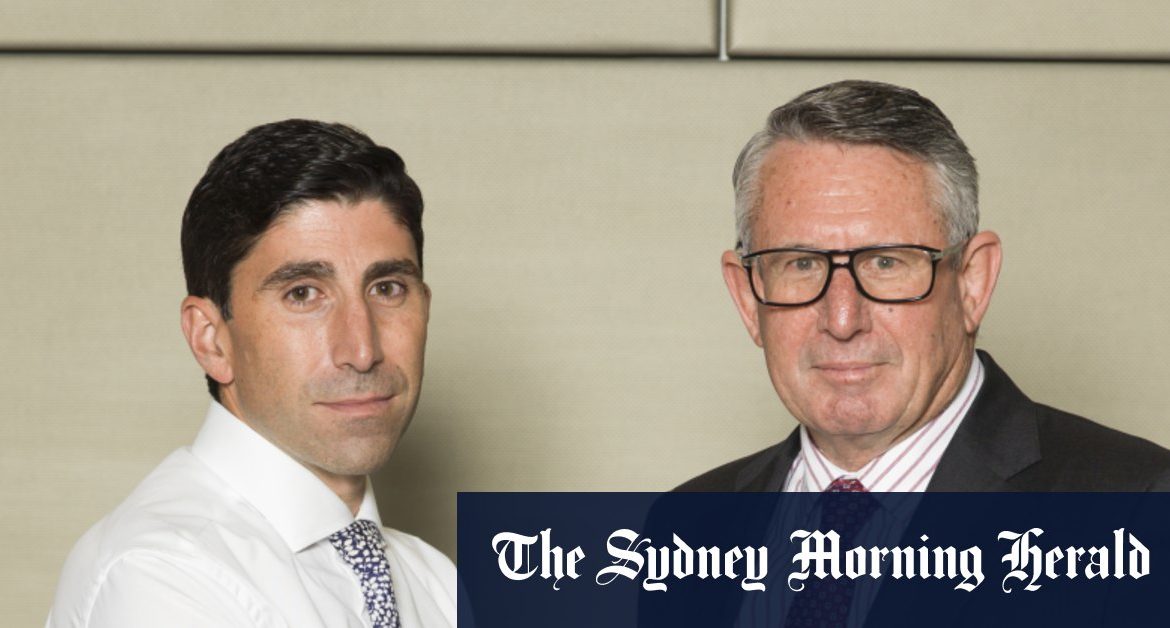IOOF chairman Allan Griffiths said the message, delivered by the shareholders, had hit its mark, adding that the decision to buy MLC had been made after careful consideration and informed by independent financial and legal advice.
“The remuneration report is often used as a tool to send a message,” he said. “We hear what people say and it will now be up to us to deliver over the next few years, extract the synergies and deliver to our shareholders.”
Loading
Atlas Funds Management managing director Hugh Dive said he was quite surprised by the deal as NAB had struggled to cover the company’s capital costs and he was concerned IOOF had “stretched itself too thin”.
“The company is dealing with a lot at the moment,” Mr Dive said. “After the fallout from the royal commission, they doubled down by buying the ANZ business and then they tripled down by buying MLC.
“It’s quite a lot on their plate.”
The acquisition of MLC and ANZ’s superannuation business, finalised this January, are part of IOOF chief executive Renato Mota’s strategy to become Australia’s largest superannuation fund and the number one destination for financial advice.
Morningstar analyst Shaun Ler described the MLC acquisition is “high risk” in terms of execution and leveraging the balance sheet but he remains confident these issues can be worked through.
“We expect some delays in realising those synergies but remain of the view that they can be achieved,” he said.
Mr Mota has repeatedly said he thinks the cost of financial advice is too high, and he will use scale to invest in technology to make the service more affordable.
Mr Dive said the royal commission had shown “vertical integration” – wealth management firms selling financial products through a network of advisers – was not a healthy business model.
“The industry is going in a different direction,” he said. “Regulators do not like the vertical integration model, the banks received the message loud and clear.”
Loading
However, Mr Mota has made efforts to stamp out misconduct by removing financial incentives for advisers selling IOOF products, tightenning audit standards and improving governance policies.
“The management of conflicts are front of mind for us,” Mr Mota said.
Activist shareholder Stephen Mayne used the AGM to ask a number of pointed questions about how IOOF would recoup value following the “two risky acquisitions”, NAB and ANZ.
“Overpaying and takeovers are the most common ways boards of ASX-listed companies destroy value,” Mr Mayne said.
Business Briefing
Start the day with major stories, exclusive coverage and expert opinion from our leading business journalists delivered to your inbox. Sign up for the Herald‘s here and The Age‘s here.
Charlotte is a reporter for The Age.
Most Viewed in Business
Loading







